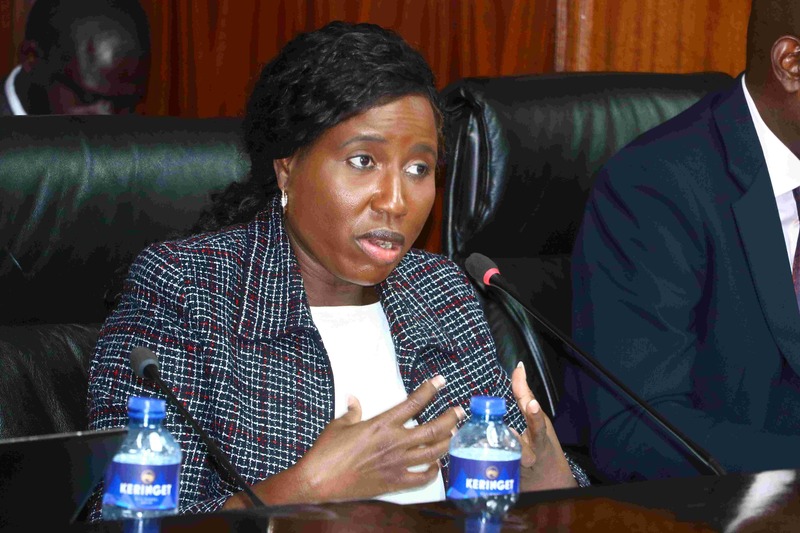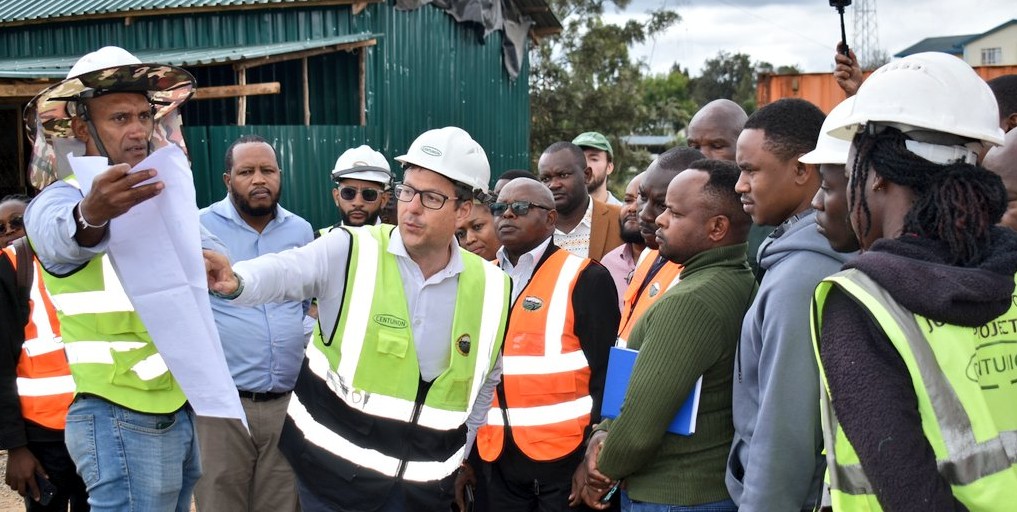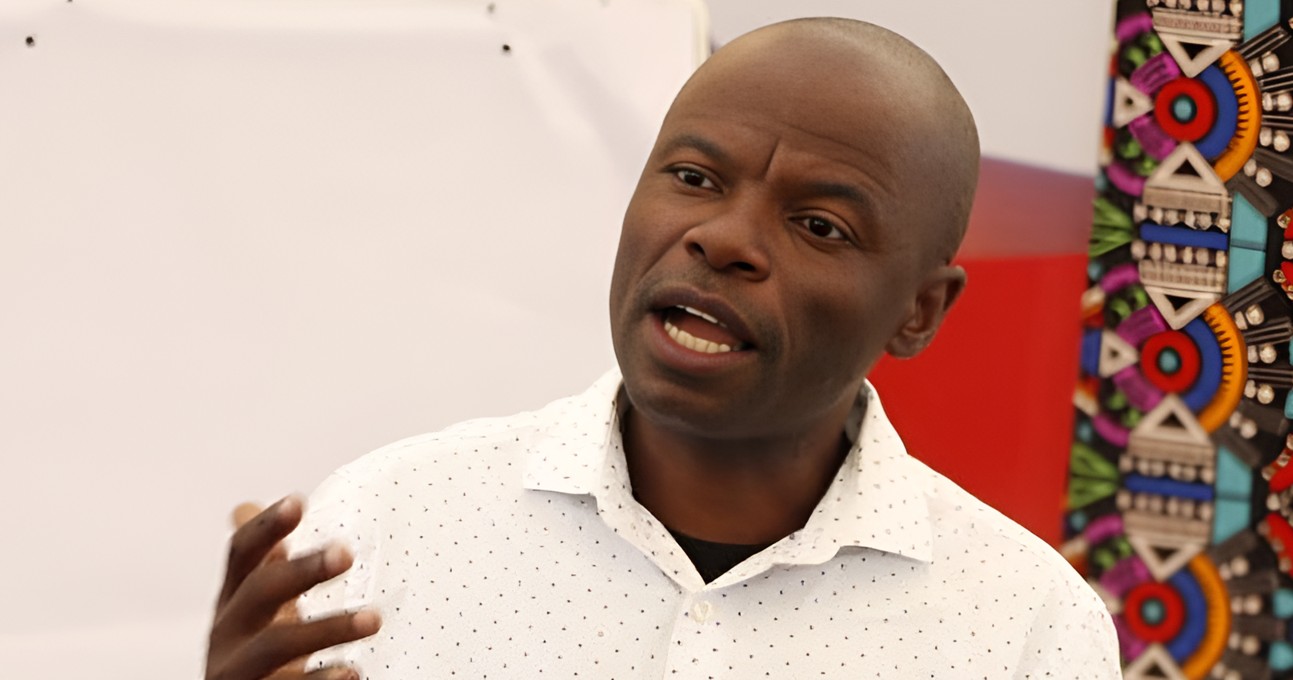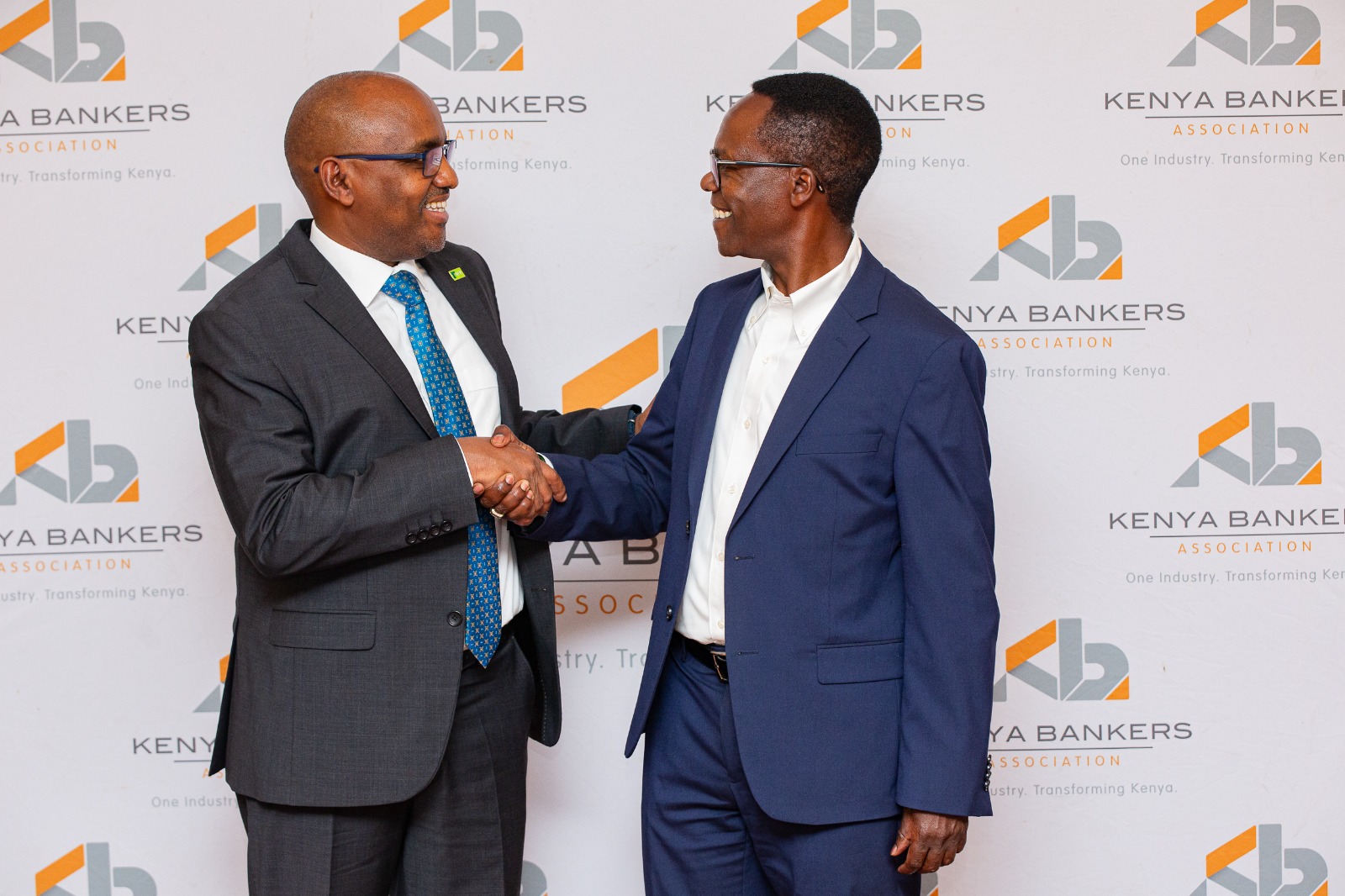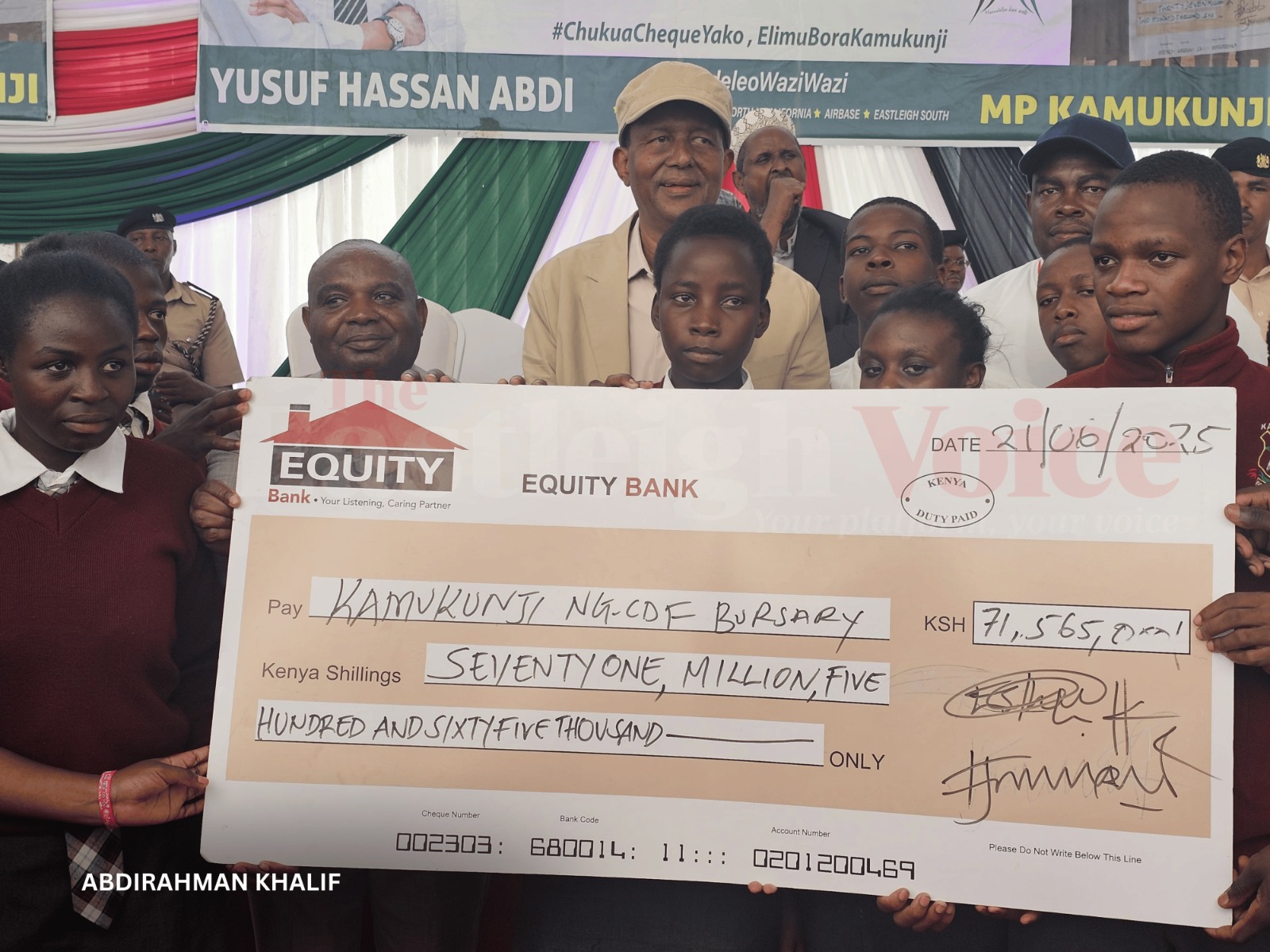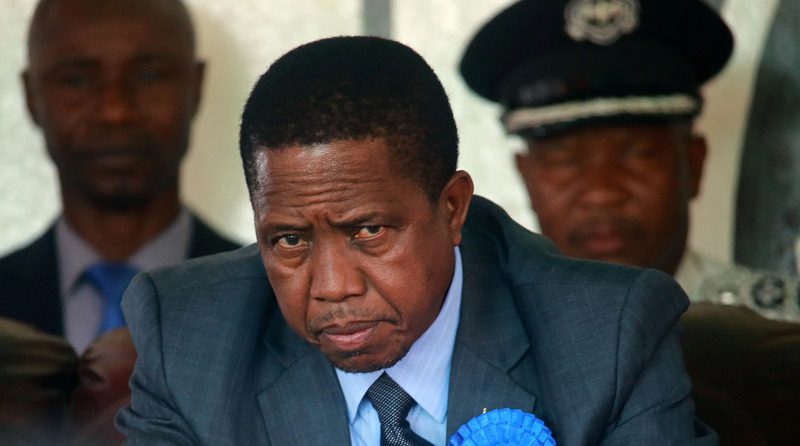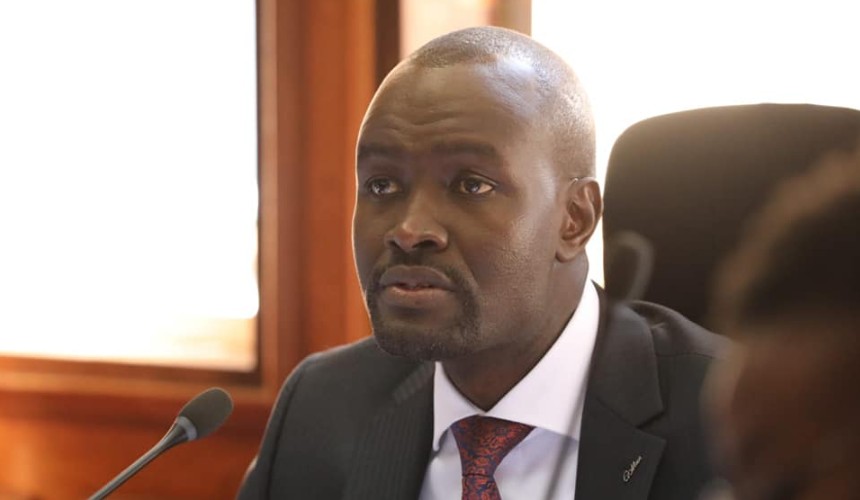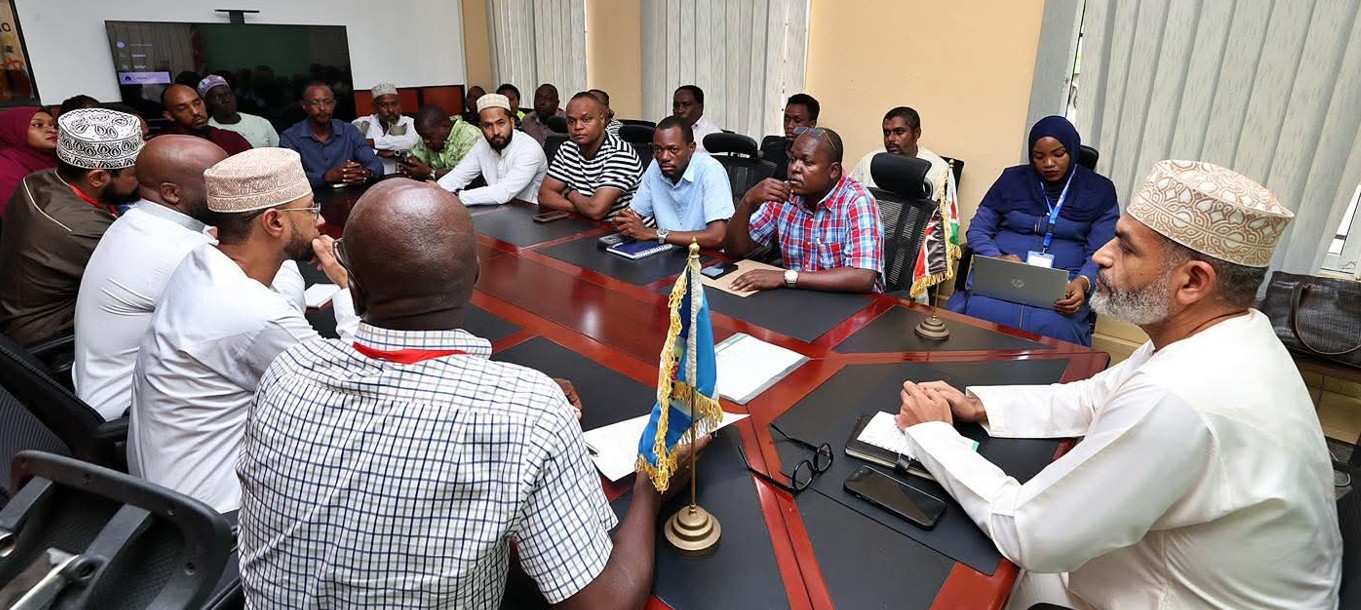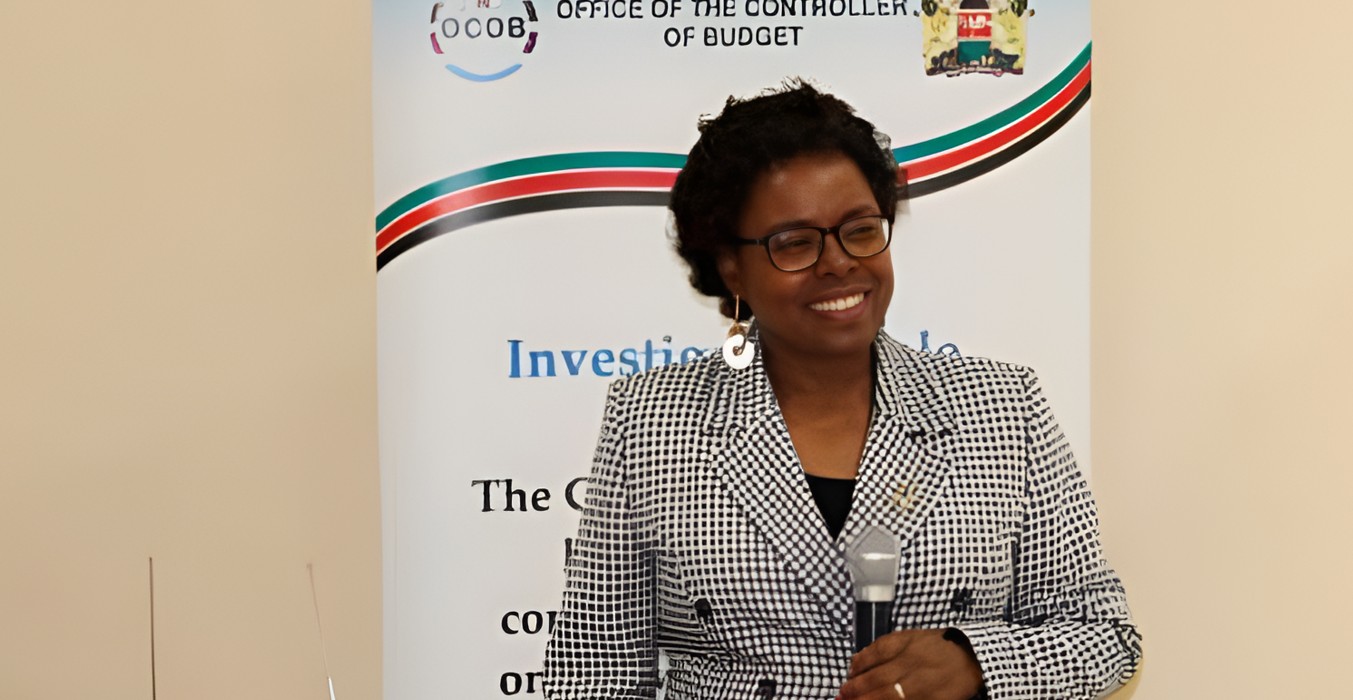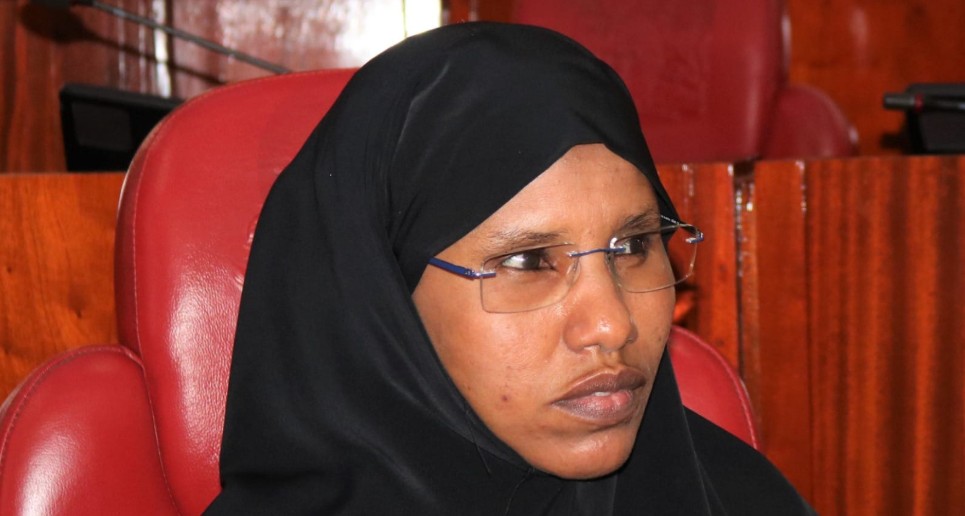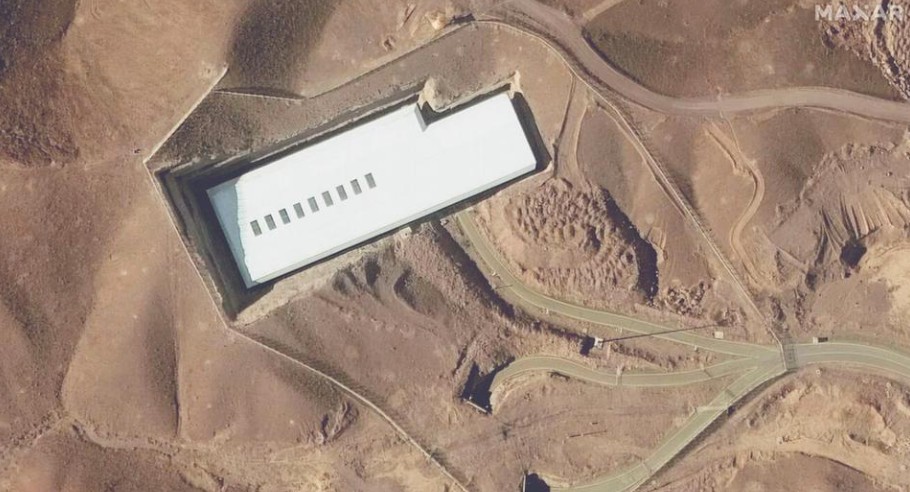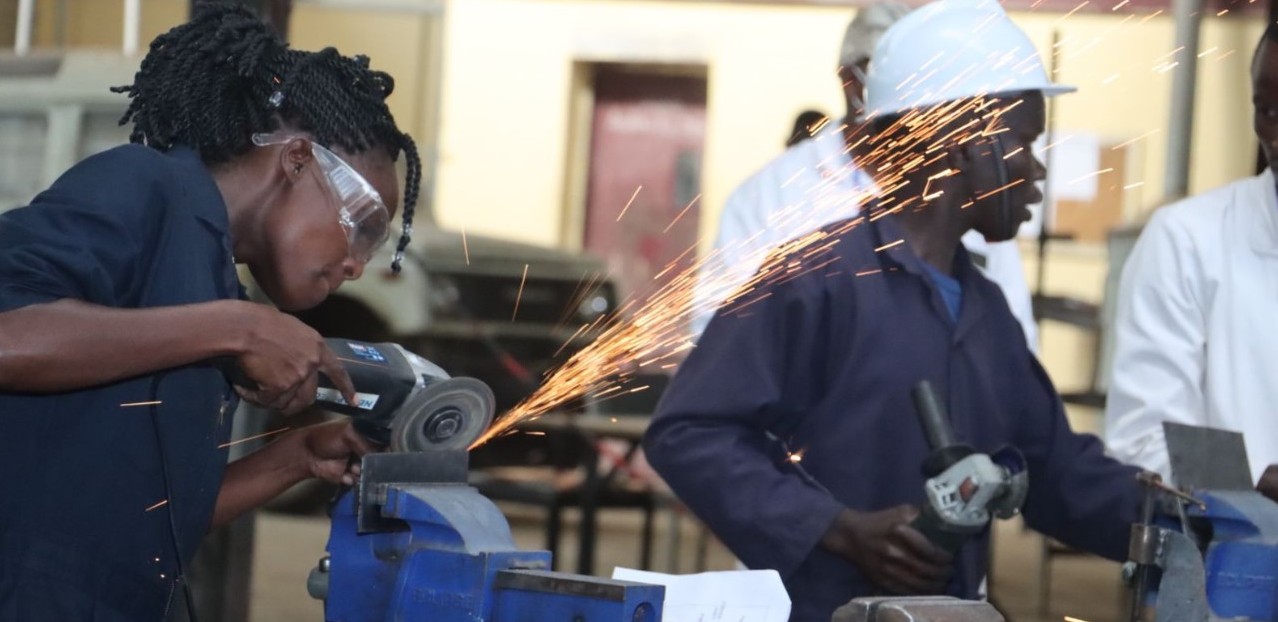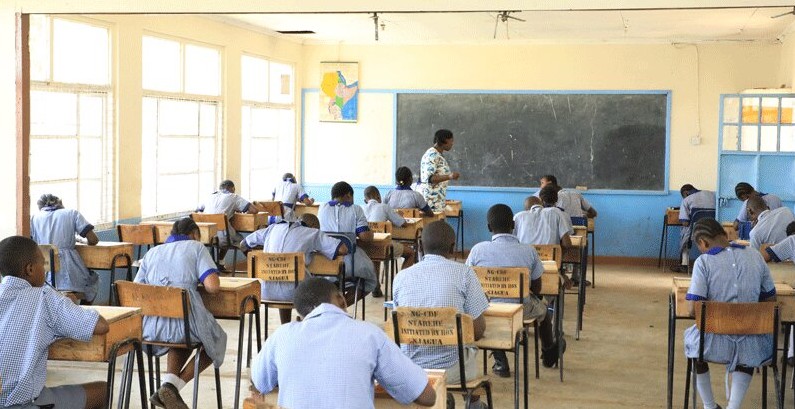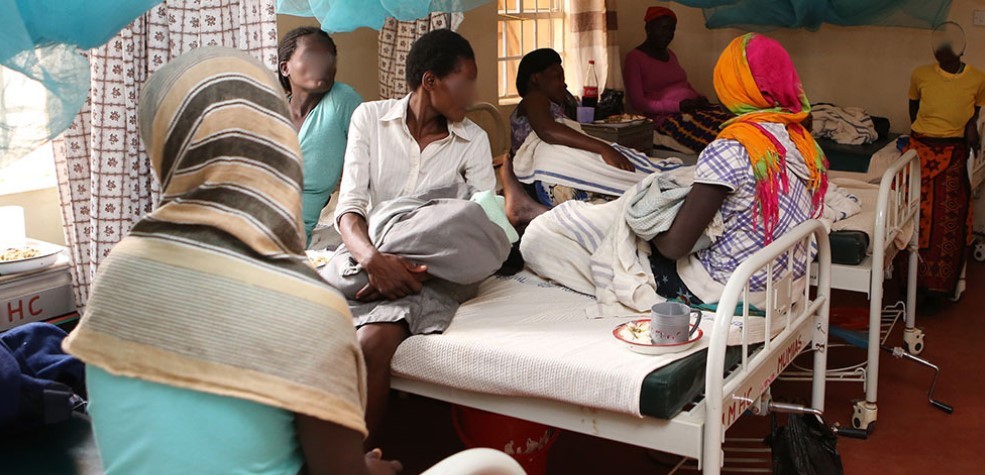Race for IEBC seats heats up as candidates face vetting panel
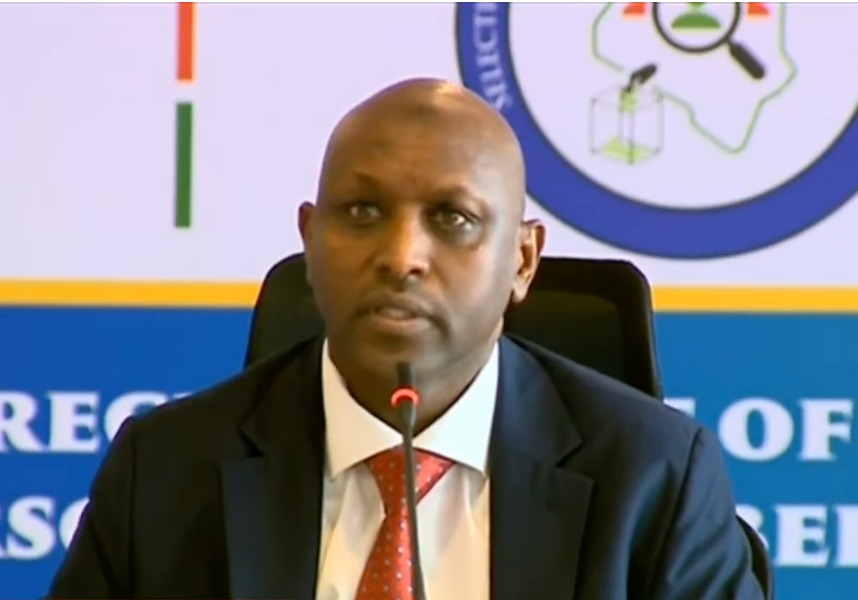
The vetting exercise comes at a crucial time as the country seeks to reform the electoral body ahead of future elections. The selection panel is expected to continue the rigorous process to ensure that only the most qualified and impartial individuals are appointed to steer the IEBC.
The process of selecting new Independent Electoral and Boundaries Commission (IEBC) commissioners began on Thursday, a day after interviews for the position of chairperson concluded. Six candidates faced the Nelson Makanda-led selection panel, where their past records, experience, and ability to uphold electoral integrity were put to the test.
Those interviewed included Abduba Mollu, Adbihakim Adan Abdi, Abdinur Maalim Hussein, Abdihafid Abdullahi Yarrow, Abraham Kipruto Langat, and Adhan Nuri Berhe. The panel focused on their suitability to restore public confidence in the electoral agency, which has previously faced criticism over the handling of elections.
The interviews centred on credibility, transparency, and independence, with candidates outlining their vision for a reformed IEBC.
More To Read
- High Court halts National Olympic Committee of Kenya elections
- Former CJ David Maraga declares 2027 presidential bid, promises integrity-led leadership
- IEBC seeks Sh57.4 billion for 2027 polls amidst budgetary concerns
- MPs reintroduce criminal penalties for elections held in ungazetted polling stations
- Ruto defies court order, appoints new IEBC chair Erastus Ethekon, six commissioners
- Court sets June 23 hearing for petition blocking IEBC nominees' swearing-in over flawed process
Abduba Mollu, the first to appear, cited his experience leading USAID-funded evaluation programmes and emphasised the need to strengthen the commission’s technological capabilities. He pledged to engage stakeholders and promote transparency.
"I bring to the table stakeholder engagement skills, strategy, and policy development experience from both government and private sectors. I will rally staff to adhere to the law, which will help us withstand pressure," Abduba told the panel.
He warned against partisan interests infiltrating the commission, stressing that commissioners must work collectively to prevent undue influence. "If we uphold a collective approach, the chances of individual vested interests taking over will reduce," he added.
Adbihakim Adan Abdi, a youthful candidate, faced tough questions regarding his previous consultancy roles for government agencies. The panel sought clarity on how he secured such engagements without the necessary experience and qualifications. In his defence, Adbihakim explained that his legal background allowed him to provide business and legal advisory services.
"There was no litigation process involved in that engagement. I offered legal and business advisory services to groups that we were training, including legal support on how to register a company," he said.
He also recalled working as an IEBC clerk during the 2002 elections while still in primary school, revealing that he faced challenges in getting paid due to a lack of an identification card.
The panel also questioned Abdinur Maalim Hussein about financial irregularities flagged by the Auditor General during his tenure as Wajir County Secretary in the 2019/2020 financial year. Abdinur distanced himself from the flagged expenditures, stating that he was not part of the tendering committee.
"We are only consumers of the product. I don’t sit in the tender committee, nor am I the chairman of the committee. The audit team came to me as an entry point," he said.
Former Wajir Deputy Governor Abdihafid Abdullahi Yarrow, who has benefited from negotiated democracy, was asked how he would promote a transparent electoral process where voters directly choose their leaders. He responded that his role would be to ensure free and fair elections, rather than dictate political processes.
"As a commissioner, it is beyond my jurisdiction to decide for the people. They must make their choice at the ballot. However, I will use negotiation skills to build consensus among us as leaders within the commission to ensure smooth operations," he said.
Another candidate, Adhan Nuri Berhe, sought to demonstrate his preparedness for the role by citing his past work with the IEBC as an elections coordinator. He argued that his experience had given him a deep understanding of how the commission operates.
"I have been introduced to commissioners' work, having worked as a chair of the Public Service Board, which is more or less a commissioner's role," he said.
The vetting exercise comes at a crucial time as the country seeks to reform the electoral body ahead of future elections. The selection panel is expected to continue the rigorous process to ensure that only the most qualified and impartial individuals are appointed to steer the IEBC.
Other Topics To Read
Top Stories Today
